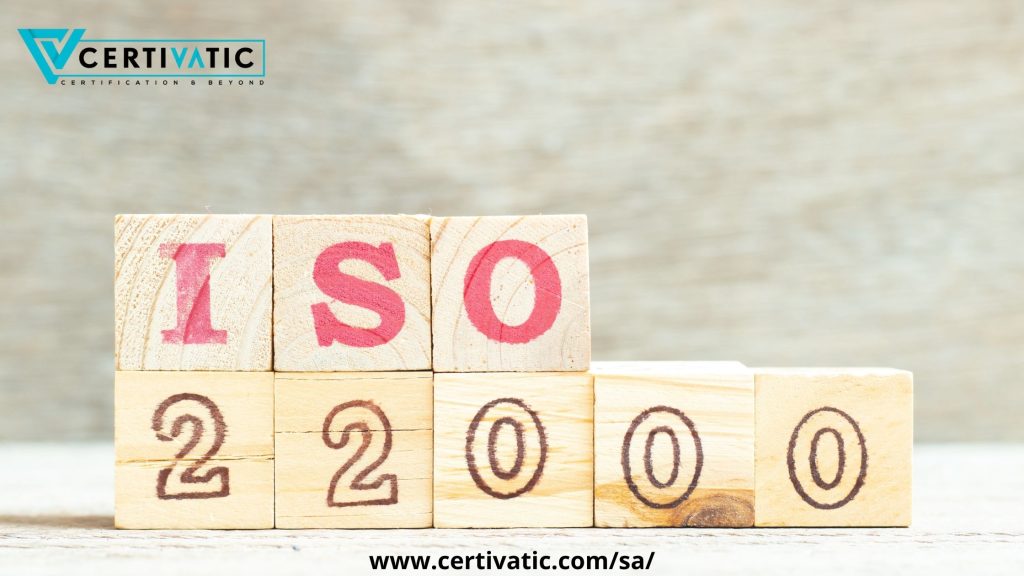How ISO 22000 Benefits the Food Industries in Saudi Arabia


The food industry is regulated by the ISO 22000 Certification, which was designed to apply to the entire supply chain. Through this, organizations will be able to determine which preventive and quality assurance measures should be implemented within their industry.
Dr. Harvey Wiley, who was appointed chief chemist by the USDA in 1883, was a pioneer in the development of food safety and contamination control laws. Wiley focused his efforts on the enactment of federal laws. It is because of his crusade for good health that he is regarded as the Crusading Chemist and the Father of Pure Food and Drug Law.
In ancient Greece-specifically Athens-beer and wine were regulated for purity and inspected before laws were passed to protect consumers from unsafe foods. Since those ancient times, food safety laws have evolved significantly.
ISO 22000 offers many benefits to businesses today. It is increasingly possible for companies that follow these rules and specifications to compete internationally in many markets. In regional and global markets, ISO 22000 ensures a level playing field. As a result of technically refined international standards and the placement of political agreements, they result in successful practices that guarantee the highest levels of food quality and safety.
How Does This Affect Developing Countries?
As a result of ISO 22000 Certification’s global consensus, developing countries have access to a standard that accurately reflects what food safety standards should be in each country, developed as well as developing. Countries can develop such standards to define their product and service standards to meet the expectations of their export markets. As developing countries are just that-developing-this enables them to comply with food export standards, reducing the chance of them wasting already scarce resources.
The general public benefits from ISO 22000 in what way?
Among the provisions of ISO 22000 that will improve each individual’s quality of life are:
- Food industry jobs of higher quality
- with better utilization of resources
- will increase profits
- resulting in increased economic growth
- resulting in safer food
- and a decline in foodborne diseases
- By documenting techniques, methods, and procedures in a more efficient manner
The government will also benefit from scientific and technological knowledge, which they can use to develop health, safety, and environmental legislation. The benefits will also allow food personnel to become more educated and regulated.
ISO 22000 offers a number of benefits for those involved in the food industry, including those who process, store, manufacture, and distribute edible products. By combining it with other standards for quality management, such as ISO 9001:2000, organizations can ensure superior food safety and security while keeping profits up.
It is easy to tell whether ISO 22000 is right for you and your company: It is right for every company, no matter how big or small. You can deliver results, convey confidence throughout your organization, and impress consumers and stakeholders by outlining best practices within your company.
Failure to follow food safety practices may result in dangerous and sometimes extremely costly consequences. Standard food safety practices can prevent potential problems before they occur, thereby saving an organization from losing money, paying legal fees, or even closing permanently.
A clear project plan can be created by standardizing responsibilities, tasks, and deadlines; remember that if something is working, changing it won’t make sense. You should make sure you explain in detail to your employees how ISO 22000 will benefit your organization. Employers, employees, and the general public are all benefited by the ISO 22000 system, which enables companies to thrive in both the short and long term.
For more information : ISO 22000 Certification in Saudi Arabia

